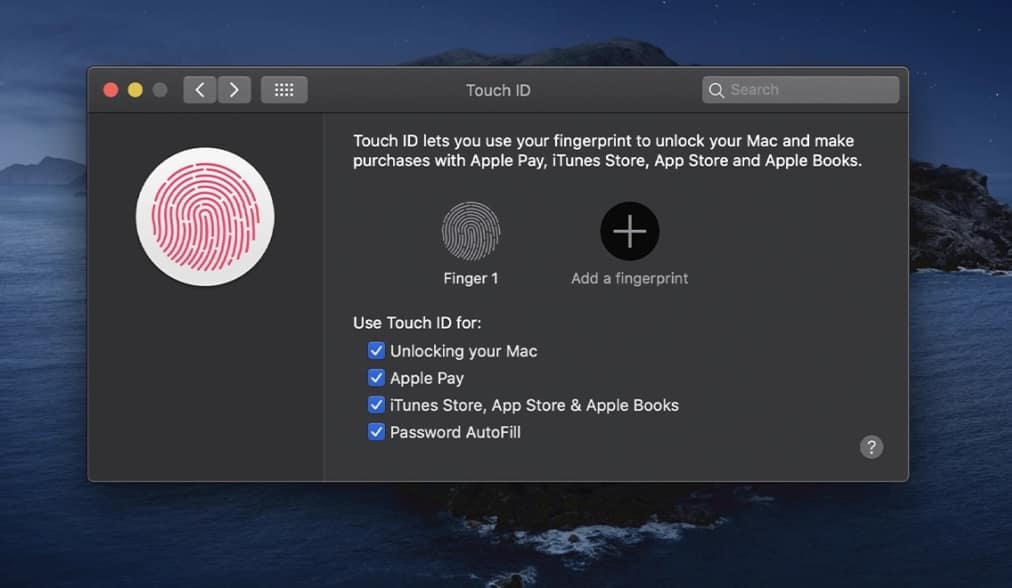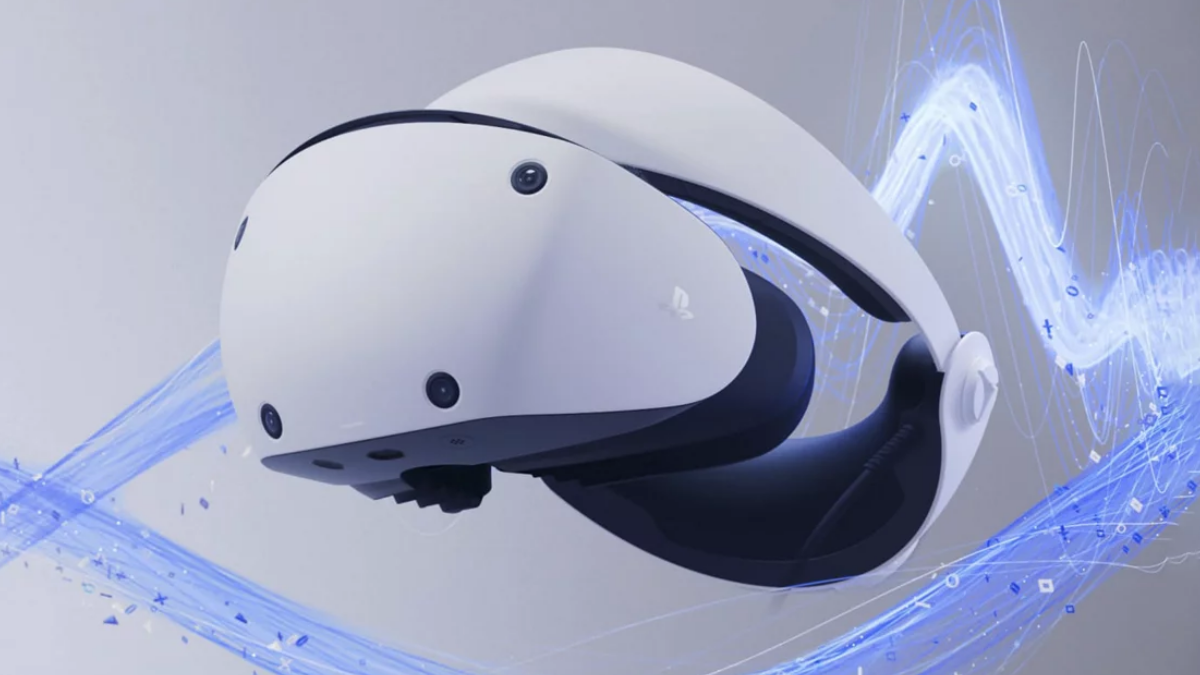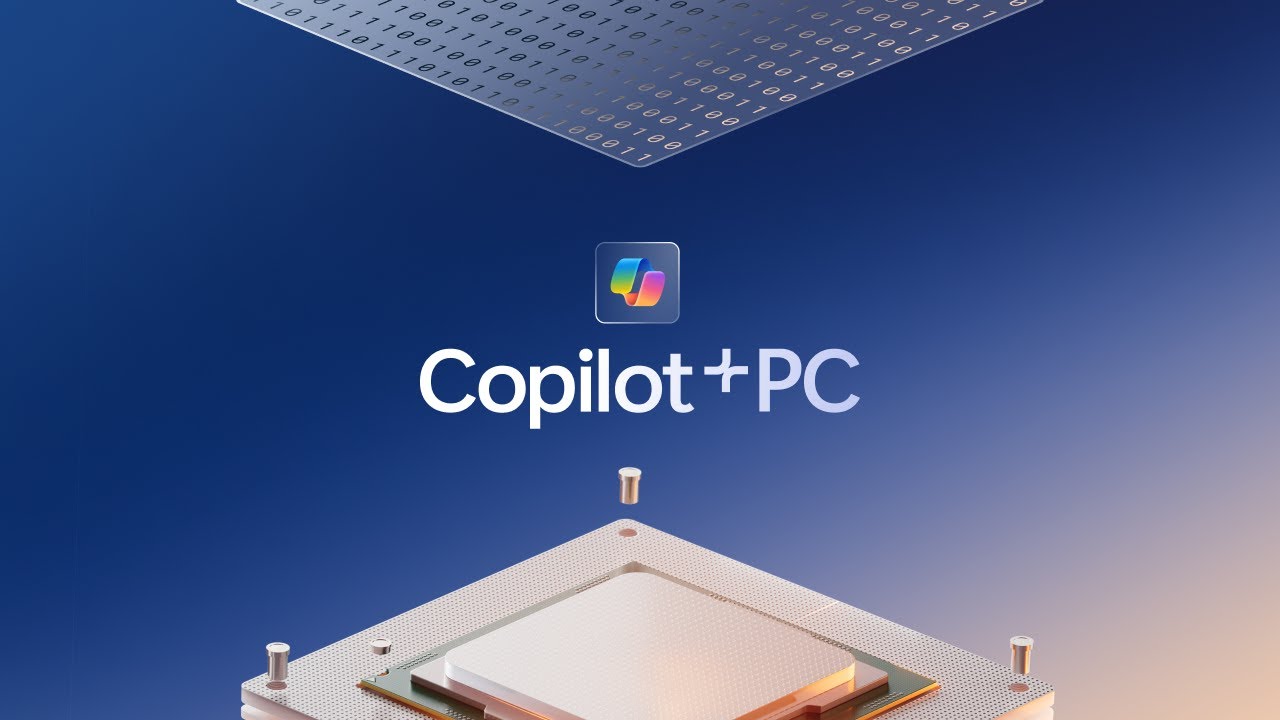Apple may achieve Microsoft's dream of a password-less web
2 min. read
Published on
Read our disclosure page to find out how can you help MSPoweruser sustain the editorial team Read more

Two years ago Microsoft declared the end of passwords, saying Windows Hello technology would mean users will be able to sign in to websites without having to remember a random string of characters.
This followed the certification of Windows Hello as being FIDO2 compliant. With this certification, any compatible device running Windows 10 would be able to use Windows Hello biometrics or PINs to access their devices, apps, online services and networks with FIDO Certified security.
In the end, however, probably the only significant use of Windows Hello is ironically to reveal your passwords in the Chrome browser.
Enter stage left Apple, who joined the FIDO2 alliance in February 2020, and this week announced support for FIDO2 via TouchID and FaceID in their Safari browser on the iPhone.
Great news! Apple expands support for #FIDO Authentication with Safari 14 (MacOS/iOS)! Websites can use Touch ID / Face ID for secure and frictionless web logins via #WebAuthn API. Great video on how websites can get started: https://t.co/NZ92tEhFaL
— The FIDO Alliance (@FIDOAlliance) June 24, 2020
Unlike Microsoft Apple actually has the power to move web developers and the world in general, as the company repeatedly demonstrated in the past.
As TechCrunch notes:
Apple’s adoption, however, could push forward the larger biometrics movement. This is due, in part, to Apple’s way of making complicated technology consumer-friendly and taking on the work of user education. Apple also has a sizable community of developers who get excited to roll out Apple’s latest technology.
We can expect websites to fall over themselves to court iPhone-totting browsers, and hopefully, website owners will not prevent non-Safari using browsers from enjoying the actual end of passwords.








User forum
0 messages